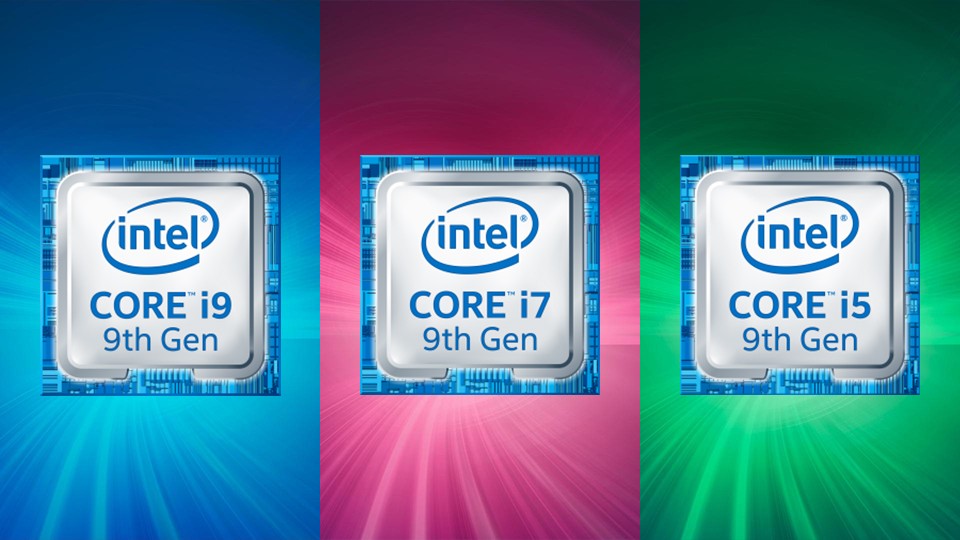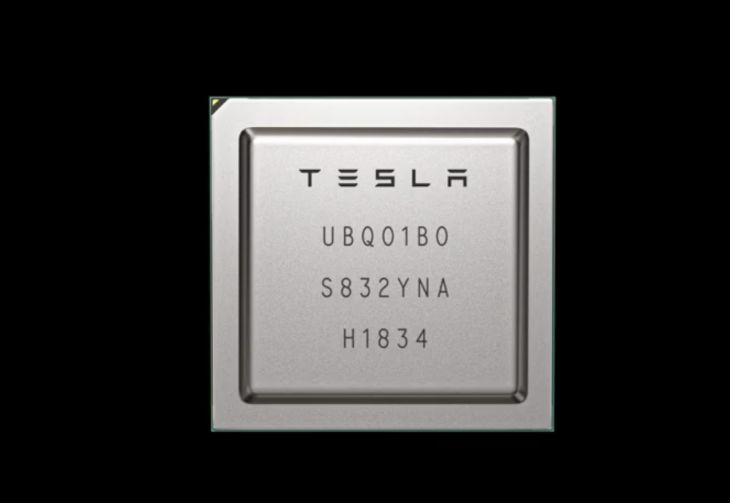Facebook Keeps Billions from its Q1 2019 Profits to Finally Pay Fine Over the Privacy Violations
Despite the various privacy scandals and penalties have been credited to the name of Facebook, the company has reported a beneficial Q1 for 2019. The company released the Q1 2019 report on Wednesday, and reportedly, Facebook has earned 2.5 per cent more monthly users compared to the last year’s Q4 monthly users. That means Facebook has reached over 2.38 billion monthly users as well as 1.56 billion daily active users, whereas it had recorded a 2.32 billion monthly users and 1.52 billion daily users in Q4 2018.

Revenue-wise too, the company has reported an increase of 26 per cent in year-over-year sales, i.e., up to $15.1 billion raise on the yearly income. The earnings are ahead of what the company had expected itself, in fact, it was expecting the revenues to be in loss to an extent. But having earned that much of money is great for Facebook, as it still has to settle the record-setting fine which Federal Trade Commission had imposed on it.
In the past years, Facebook has been found guilty of the data breach, despite the company claiming that some of the information of the Facebook users remains private. The biggest fine FTC has imposed was of $22.5 billion, that too, on the tech giant Google. And this time, it was expected that Facebook will be paying even bigger of a penalty, after series of cases of a privacy violation, including the matter in which Facebook allowed Cambridge Analytica to collect data from millions of users without their knowledge.
For the past few months, Facebook is trying to reduce the amount of the fine, setting up meetings with FTC, and according to both the companies, they haven’t come to any conclusions. But with the high earned revenues, Facebook has decided to keep $3 to $5 billion separately to pay the fine and will not include this amount in the reported revenues.
“In the first quarter of 2019, we reasonably estimated a probable loss and recorded an accrual of $3.0 billion in connection with the inquiry of the FTC into our platform and user data practices, which accrual is included in accrued expenses and other current liabilities on our condensed consolidated balance sheet. We estimate that the range of loss in this matter is $3.0 billion to $5.0 billion. The matter remains unresolved, and there can be no assurance as to the timing or the terms of any final outcome.” wrote Facebook in regard to the FTC fine.
Facebook and the other tech giants are now becoming more careful about how and where to use users’ data. Facebook has also agreed to build some strict guidelines over the users’ privacy on the platform in the 2011 deal with the FTC to avoid any privacy breach cases in future.

Yashica is a Software Engineer turned Content Writer, who loves to write on social causes and expertise in writing technical stuff. She loves to watch movies and explore new places. She believes that you need to live once before you die. So experimenting with her life and career choices, she is trying to live her life to the fullest.





